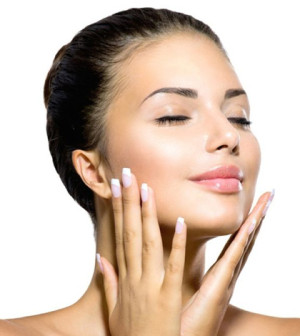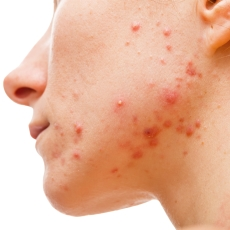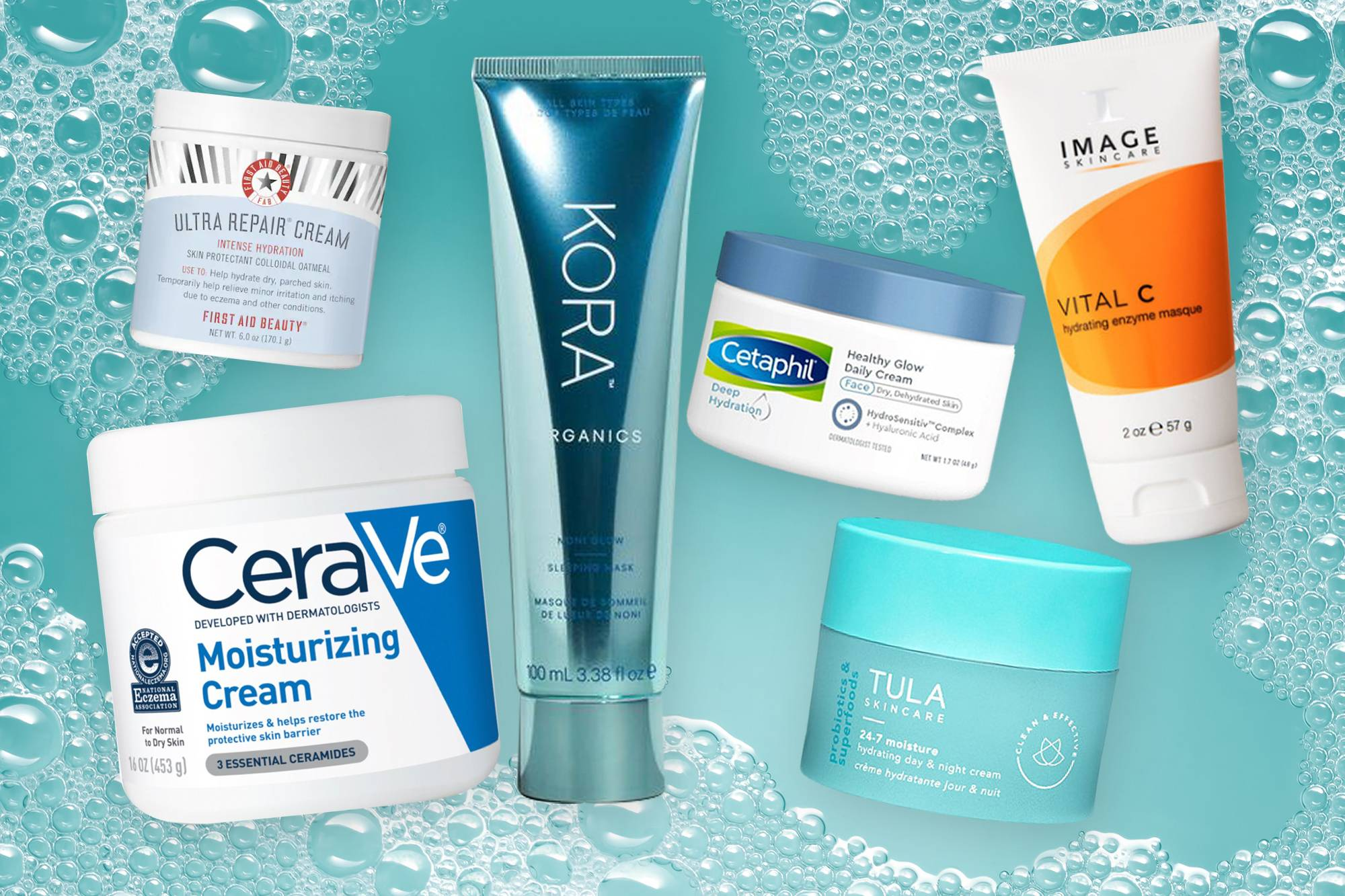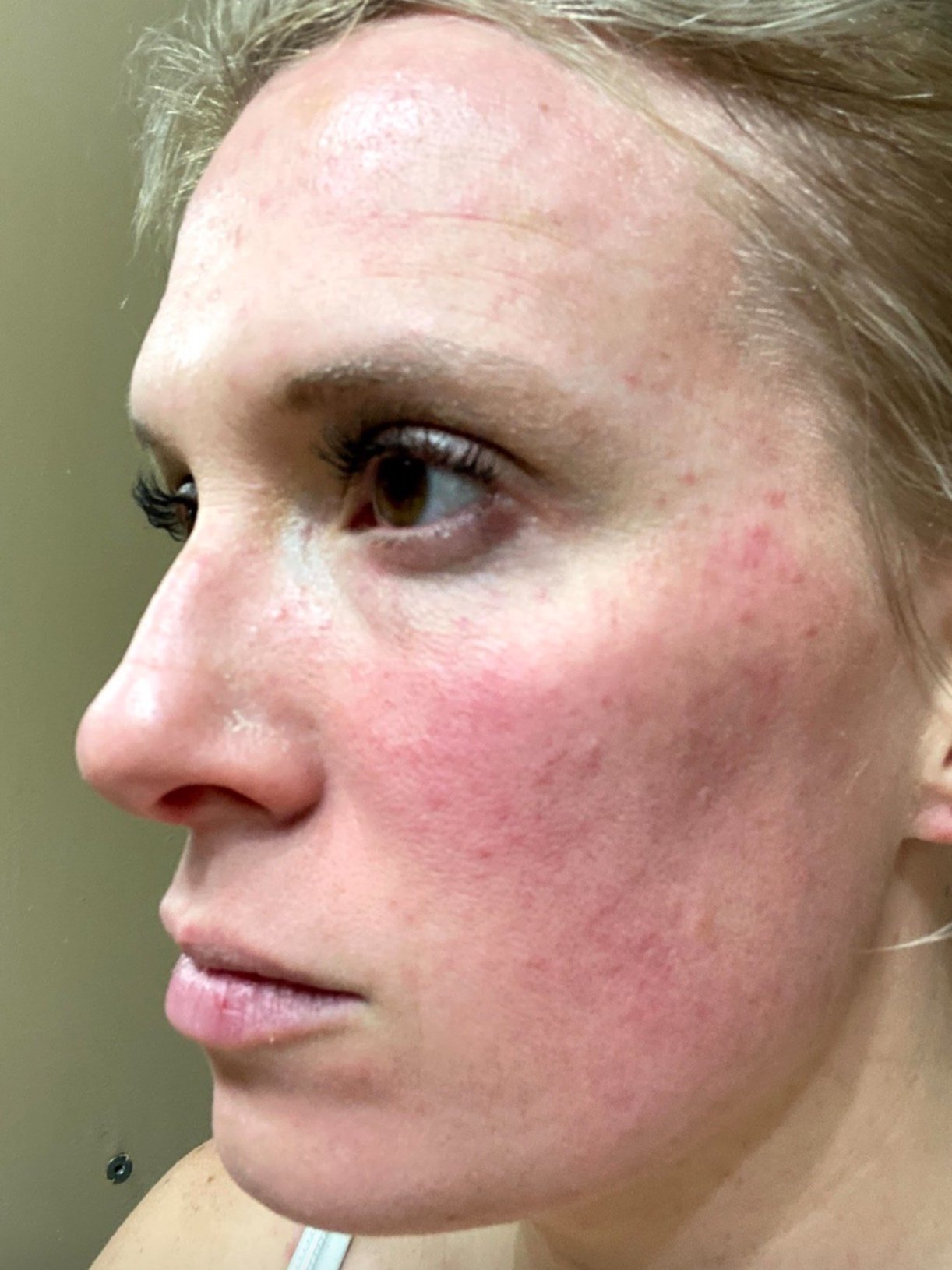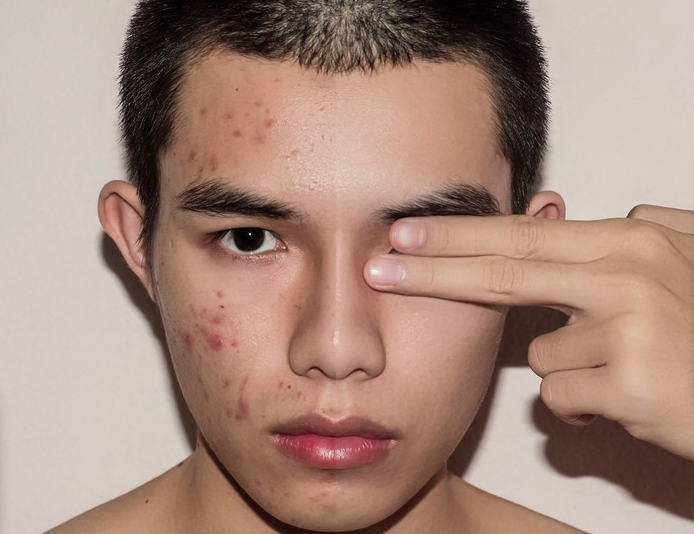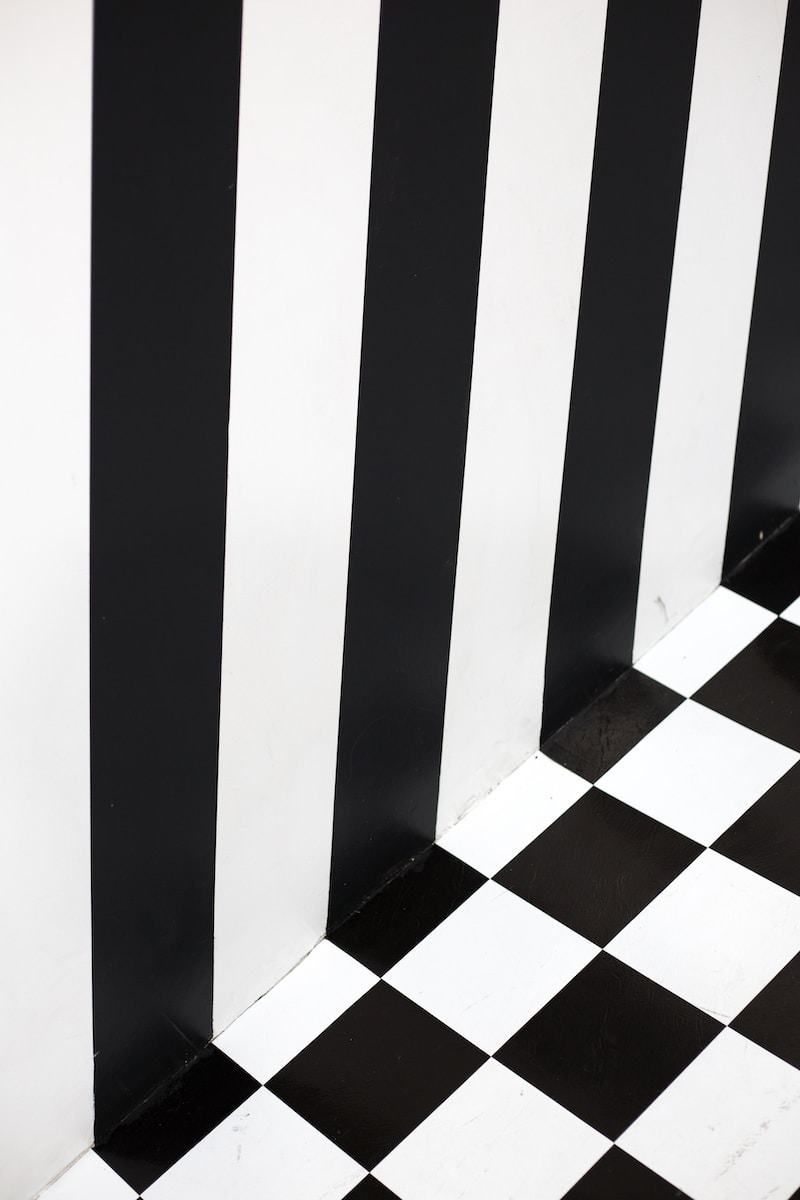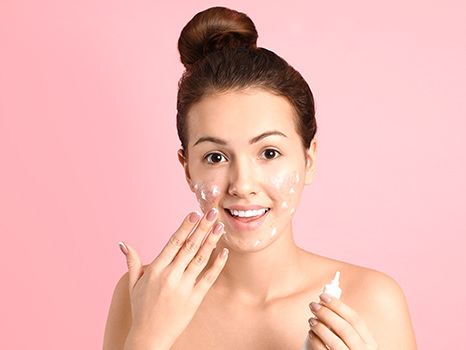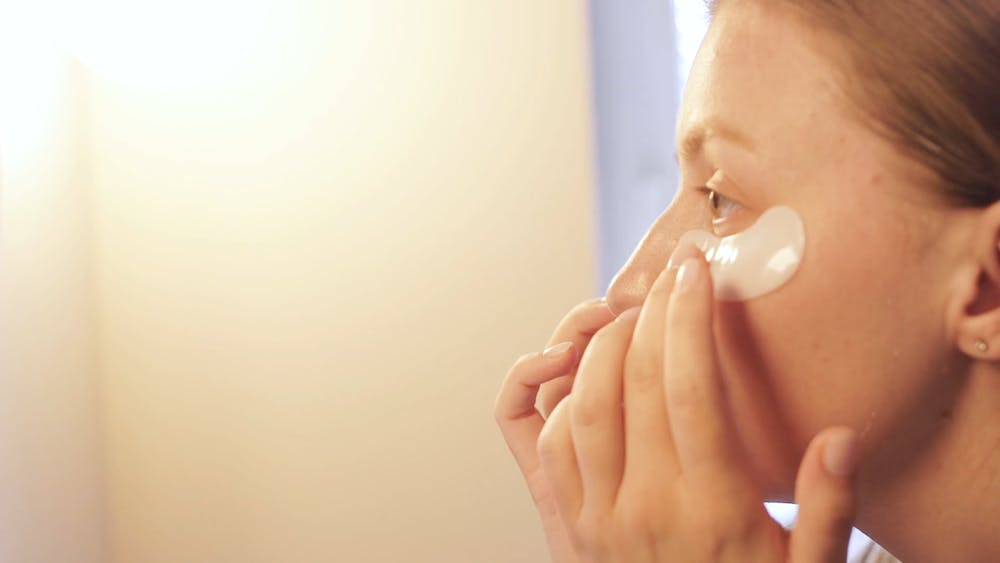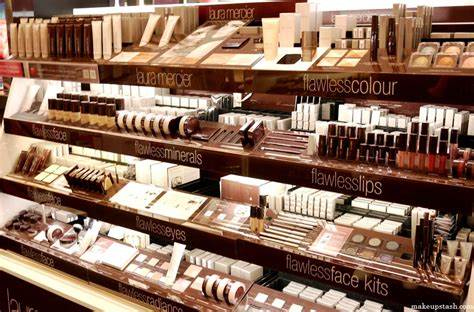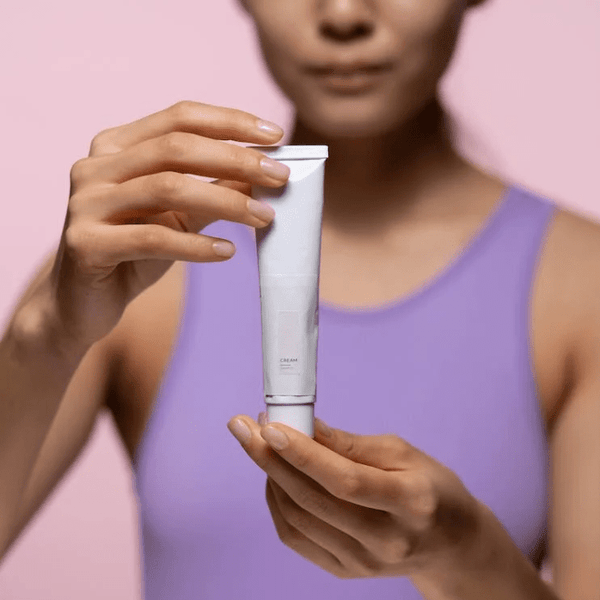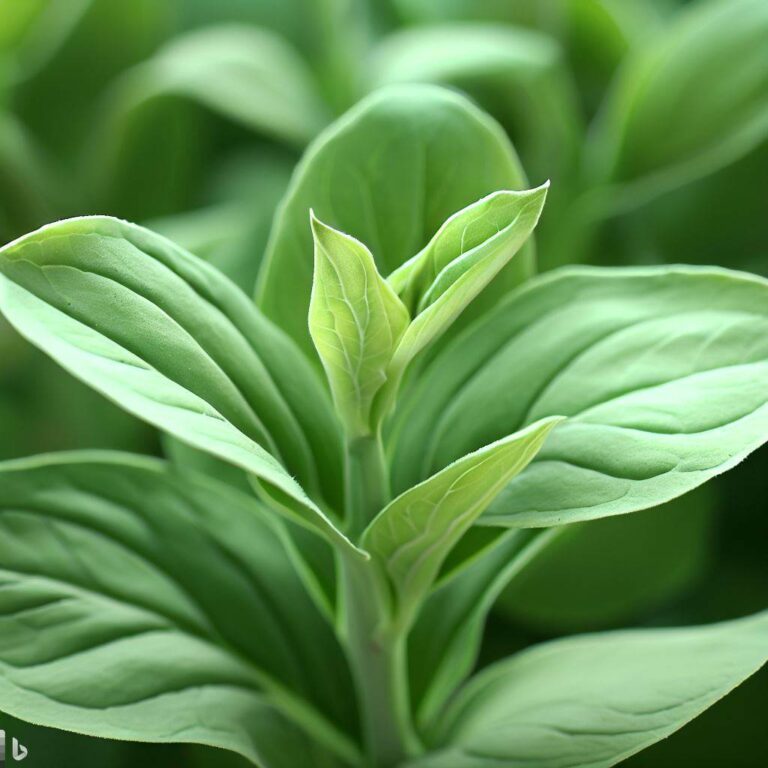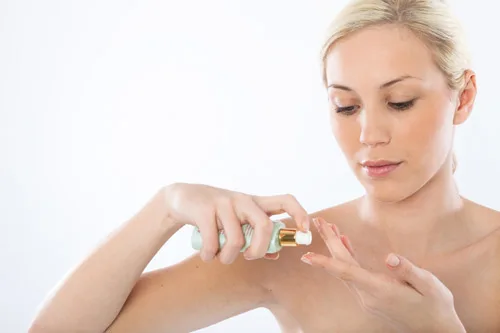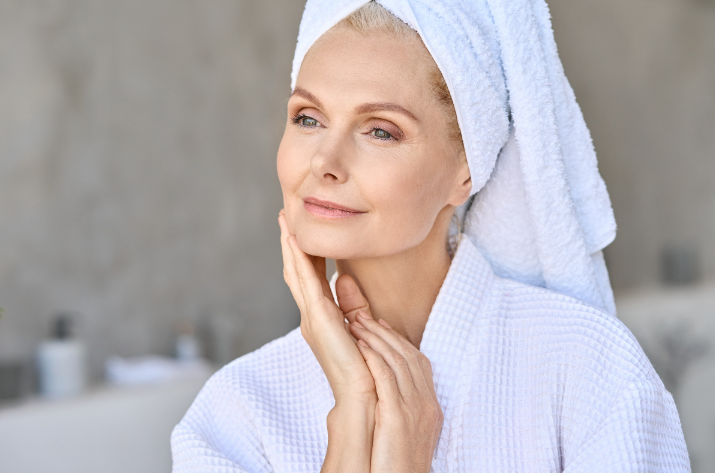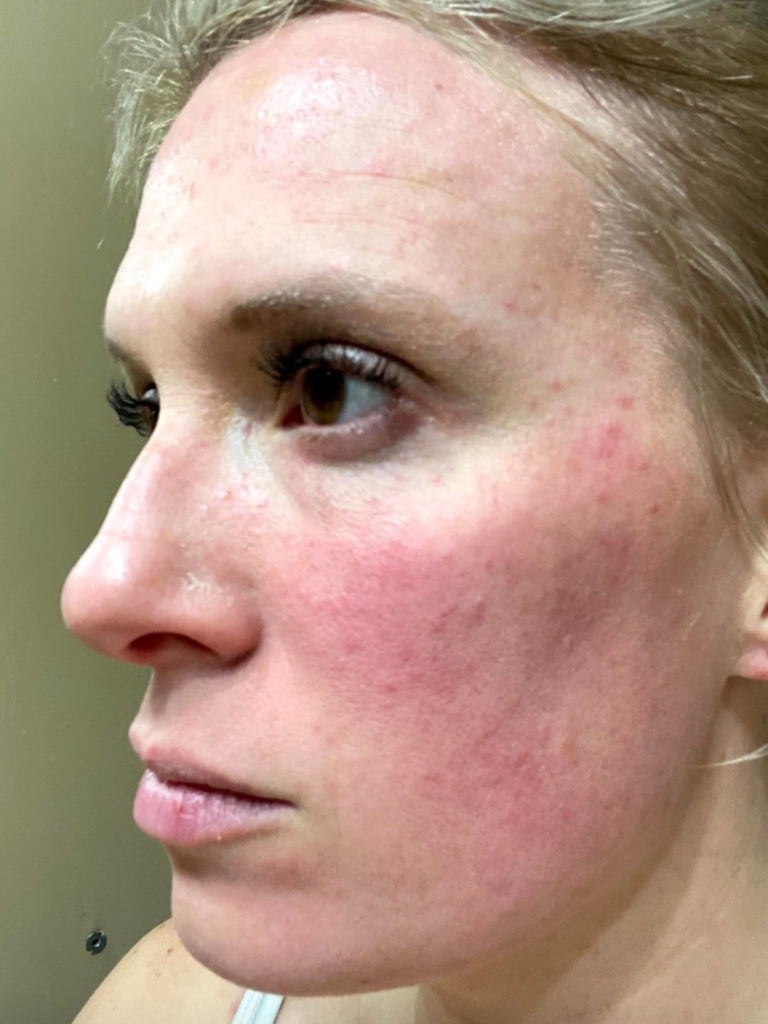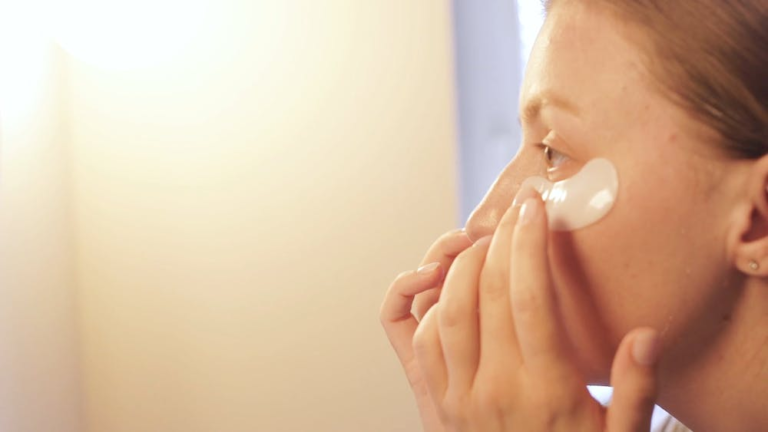Best Skincare for Oily Skin: Cleansing, Hydrating, Acne
Achieve Radiant Skin with the Best Skincare for Oily Skin
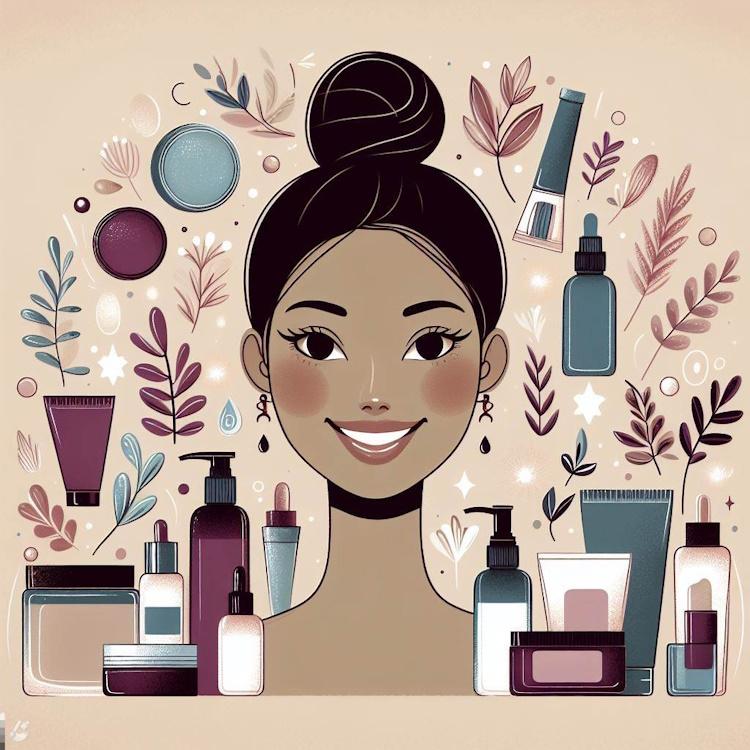
How to achieve radiant skin with the best skincare products for oily skin.
Discover the secrets to managing oily skin effectively! Our comprehensive guide on Best Skincare for Oily Skin provides you with expert tips and product recommendations to help you achieve a clear, healthy complexion.
From understanding the causes of oily skin to selecting the right cleansing and moisturizing products, we cover all the essentials. Dive into our article to unlock the benefits of a tailored skincare routine that caters to your unique needs and leaves your skin feeling refreshed and radiant. Keep reading to transform your skincare journey today!
Understanding Oily Skin
 When your sebaceous glands produce too much sebum, which is the natural oil that acts as a moisturizer, it can cause the development of oily skin. This happens when the excess sebum accumulates on the surface, leading to overproduction, which can contribute to problems like acne.
When your sebaceous glands produce too much sebum, which is the natural oil that acts as a moisturizer, it can cause the development of oily skin. This happens when the excess sebum accumulates on the surface, leading to overproduction, which can contribute to problems like acne.
Everyone has sebaceous glands in their body, but the ones on your face and scalp are the most noticeable. These glands produce natural oils that nourish, hydrate, and protect your skin from environmental factors. However, if these glands become overactive, oil can build up on your skin or become trapped in your pores, leading to issues.
Take the First Steps to Manage Oily Skin
To manage oily skin, start by washing your face twice daily – in the morning and before bed. This will remove debris, makeup, and dead skin cells that clog your pores and lead to breakouts. When choosing a cleanser, go for one with gentle cleansing agents that won’t strip your skin of its natural oils.
Exfoliation Once a Week
Exfoliating once a week can also help remove dead skin cells and impurities that clog your pores. However, don’t overdo it as it can irritate your skin.
Drink Plenty of Water
Drinking water is one of the best ways to keep your skin hydrated and prevent it from producing too much oil. After cleansing, it’s important to moisturize your skin to protect it from drying out.
Remember, every individual’s skin type is different. It’s up to you to discover which combination of tips works best for you. By understanding your skin better and its needs, you can create an effective skincare routine that will help restore its radiance!
Cleansing and Exfoliating
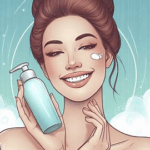 Cleansing should be the foundation of your skincare routine, helping to remove dirt, sweat, and makeup from the skin’s surface. Exfoliation follows shortly afterward by clearing dead cells from its surface that build up over time.
Cleansing should be the foundation of your skincare routine, helping to remove dirt, sweat, and makeup from the skin’s surface. Exfoliation follows shortly afterward by clearing dead cells from its surface that build up over time.
Exfoliation can be completed using chemical and physical exfoliants, depending on your skin type and desired product. Chemical exfoliants tend to be gentler on your skin’s surface since they contain acids that dissolve proteins on its surface while helping break up bonds between dead skin cells.
Decide which exfoliator best meets your needs by speaking to a skin specialist or dermatologist about what type would suit your particular needs and concerns. They will advise which products would be ideal for your skin type and offer safety tips on using them effectively.
Choose Natural Ingredients
When choosing a chemical exfoliant, look for natural and safe ingredients such as BHAs or fruit enzymes to unclog pores, reduce breakouts, and even out your complexion. These solutions may also unclog pores quickly.
Physical exfoliants contain small granules designed to loosen dead skin cells from your pores and eliminate them through body scrubs, brushes, or gloves that should be applied on wet skin.
Garnier SkinActive Exfoliating Face Scrub is an exceptional solution for oily skin that utilizes salicylic acid to unclog pores while exfoliating gently. Infused with green tea extracts for a fantastic experience that won’t disappoint!
Moisturizing and Hydrating
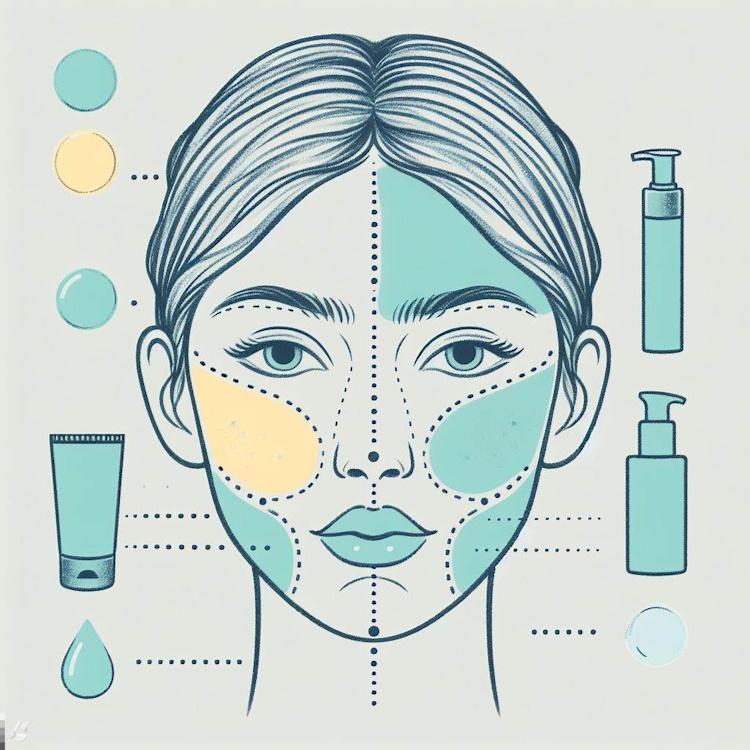
The best skincare routine for oily skin: what products to use and where to apply them.
Even people without acne can benefit from daily moisturizer usage to prevent dehydration (and oiliness), known to trigger acne breakouts and breakouts. Moisturizing helps avoid dehydration, which in turn may help prevent acne outbreaks altogether.
The best moisturizers for oily skin should be lightweight and non-comedogenic to avoid clogging pores while retaining moisture through ingredients like humectants and emollients that bind water onto skin surfaces.
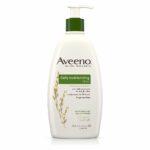 Moisturizers come in all forms: creams, lotions, and gels. Lotions and gels tend to be lighter alternatives to creams, which are thicker and richer.
Moisturizers come in all forms: creams, lotions, and gels. Lotions and gels tend to be lighter alternatives to creams, which are thicker and richer.
For an extra hydration boost, look for serums containing hyaluronic acid. This ingredient attracts and holds water into your skin’s layers for extended hydration than traditional moisturizers can offer.
Look for products with other hydrating ingredients, such as sodium hyaluronate, glycerin, and hyaluronic acid, for the best skin-plumping and smoothing results. These ingredients may help your skin appear plumper and more supple.
 RESTORE YOUTHFUL VITALITY WITH HYDROESSENTIAL™ SERUM
RESTORE YOUTHFUL VITALITY WITH HYDROESSENTIAL™ SERUMHydroessential™ Serum offers a comprehensive solution to aging skin concerns, providing visible results in as little as 48 hours. Crafted with award-winning, all-natural ingredients, including Japanese Witch Hazel and Aloe Barbadensis, this serum rejuvenates and revitalizes your skin. Experience the benefits of increased collagen production, improved skin elasticity, and reduced pigmentation with Hydroessential™ Serum. Don’t wait any longer – order now and discover the secret to youthful, glowing skin!
FOR YOUR SAFETY CLICK HERE TO BUY FROM THE OFFICIAL HYDROESSENTIAL WEBSITE
Some Suggested Products
Here are some products that contain the hydrating ingredients sodium hyaluronate, glycerin, and hyaluronic acid:
- Summer Fridays Dream Oasis Deep Hydration Serum: This serum is rich in humectants like glycerin, hyaluronic acid, aloe vera, and squalane, making it ideal for dehydrated skin.
- Neutrogena Hydro Boost Hyaluronic Acid Serum: A fragrance-free option that utilizes hyaluronic acid to deeply hydrate the skin.
- The Inkey List Hyaluronic Acid: A popular choice known for its effective hydration properties.
These products are designed to help your skin retain moisture, giving it a plumper and more supple appearance. Remember to patch-test any new product before applying it to your entire face to ensure compatibility with your skin.
Some moisturizers contain acne-fighting ingredients like benzoyl peroxide, but most importantly, they’re non-comedogenic and oil-free.
Finding your ideal moisturizer requires trying a range of formulas and seeing which works best with your skin. A great test would be applying small amounts of each product on your skin to see how they feel – this will allow for comparison between formulas.
Focus on how quickly the moisturizer absorbs; twice daily is ideal for maximum results. Use a thicker cream during the day and a light one at night for extra hydration.
Treating and Preventing Acne
Acne is a skin condition caused by overactive oil glands and clogged pores, with triggers including genetics, hormone changes, or stress as possible sources.
Treating acne effectively means keeping the skin clear by decreasing sebum production and excess oils, whether changing your diet, using gentle skincare treatments, or consulting a dermatologist about the prescribed medication.
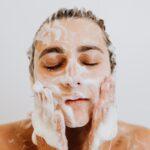 Always wash your face regularly with lukewarm water to remove dead skin cells, excess oil, and any debris that might block pores and clog them up while trying to refrain from rubbing your face, as this may exacerbate conditions further.
Always wash your face regularly with lukewarm water to remove dead skin cells, excess oil, and any debris that might block pores and clog them up while trying to refrain from rubbing your face, as this may exacerbate conditions further.
Squeezing pimples should also be avoided. This can push infected material deeper into your skin, leading to further swelling, redness, and scarring.
Having difficulty treating acne? Speak to your physician or dermatologist about medication, such as antibiotics or topical creams/gels, that might help. Oral isotretinoin (retinoids) can also significantly decrease oil gland size and should be prescribed – your dermatologist might even consider prescribing isotretinoin as it has shown a remarkable reduction.
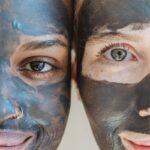 Cosmetic clay masks can also effectively solve oily skin issues, helping absorb excess oil and minimize acne breakouts. French green clay is recommended as it’s a natural humectant, drawing moisture out without too much skin drying.
Cosmetic clay masks can also effectively solve oily skin issues, helping absorb excess oil and minimize acne breakouts. French green clay is recommended as it’s a natural humectant, drawing moisture out without too much skin drying.
Clay masks can be applied to the skin for approximately 15 minutes before being rinsed off with water – providing gentler care than peel-off masks, which can irritate and increase oil production.
Choose oil-free and non-comedogenic products – meaning they won’t clog pores or cause acne – such as soaps, moisturizers, and makeup. These types of products can often be found at pharmacies.
Lifestyle Changes
If you’re experiencing oily skin, there are certain lifestyle adjustments you can make to improve its appearance. These may include reducing stress, improving heart health, quitting smoking, and staying hydrated.
Make these changes consistently, as your skin may improve as soon as you adopt these habits.
Eating healthy foods can dramatically impact how your skin appears and feels. Eating green vegetables such as spinach and kale will help your body regulate how much sebum your pores produce, leading to fewer breakouts.
 Vegetables contain vitamins, minerals, and fiber, which will help clear away skin impurities. Plus, these veggies contain anti-aging antioxidants!
Vegetables contain vitamins, minerals, and fiber, which will help clear away skin impurities. Plus, these veggies contain anti-aging antioxidants!
Foods that are high in saturated fats should also be avoided to minimize inflammation and increase oil production by your skin. Familiar sources include red meats, butter, cream cheese, pastries, and pizza.
Avoid caffeine, as studies have demonstrated its effects to decrease insulin sensitivity, worsen inflammation, and worsen acne conditions.
Avoid processed and junk foods to maintain stable blood sugar levels and to minimize skin oil production by your body.
Additionally, dairy products should be avoided to help avoid clogging pores and producing excess oil on your skin. Instead, consider opting for healthier options like almond or soy milk, which have proven more beneficial regarding skin benefits.
References: Skincare For Oily Skin
Oily Skin: A Review of Treatment Options – PMC (nih.gov)
Oily sensitive skin: A review of management options – PubMed (nih.gov)

